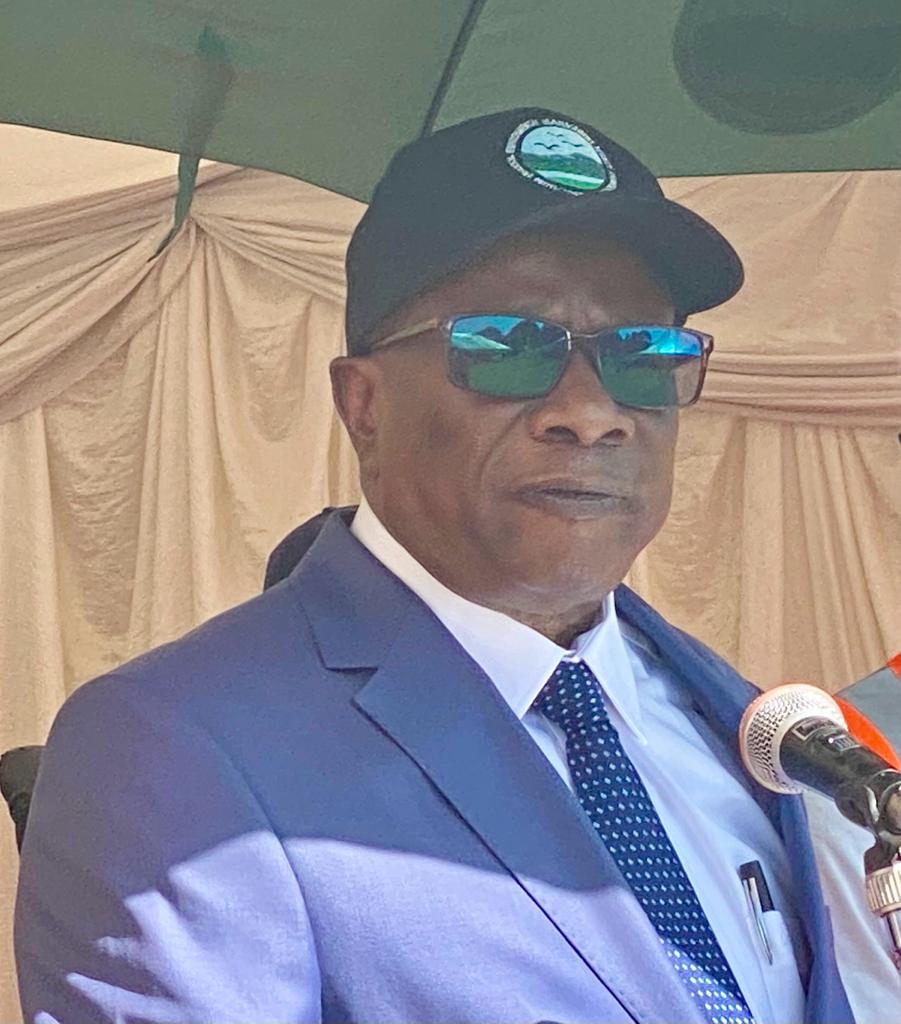The United Nations (UN) has outlined its priorities for the Zimbabwe Drought Flash Appeal, emphasizing accountability, disability inclusion, and protection from sexual exploitation and abuse (PSEA) in its response efforts.
The UN’s Flash Appeal calls for US$429.3 million from humanitarian partners to target close to 3.1 million people in 46 districts to complement the response of the Zimbabwean government.
According to Kallon, the Zimbabwe Drought Flash Appeal will take place between April 2024 and March 2025, advising humanitarian partners to carry out their responses while taking into account cross-cutting issues and approaches to make sure that all activities address the specific needs and context of the communities they are assisting.
As a result, the UN resident coordinator said Accountability to Affected People (AAP), Age Gender Diversity (AGD), disability inclusion and protection from sexual exploitation and abuse (PSEA), would be prioritised.
“The affected people, including refugee and asylum seekers, will be actively involved in the planning, implementation, and monitoring of the response throughout the programme cycle,” Kallon said.
“The humanitarian partners are in the process of operationalising an AAP mechanism which will be led by the World Food Programme (WFP.)”
Kallon said it is anticipated that the AAP mechanism will be operationalised by the end of May 2024.
“With that mechanism in place partners will make sure that accurate and timely information through appropriate and accessible channels using local languages, is provided. Community Feedback and Response Mechanisms will be established through community consultations,” he said.
On disability inclusion, the UN Resident Coordinator said partners will invest in evidence-based, multi-level strategies such as social and behaviour change, inclusive education, and skills opportunities to promote policies that combat institutionalised stigma and discrimination against persons with disabilities.
“The disability status of affected people and refugees will be considered during the registration process,” he said.
The flash appeal will also promote the protection from sexual exploitation and abuse, added Kallon.
“The government and partners will work with community members to establish complaint and feedback mechanisms. Training sessions on PSEA will be undertaken for all actors involved in the response and for the communities to promote a strict zero-tolerance policy,” he said.
Information Education and Communication materials on PSEA and protection issues will be redacted in local languages and posted for all affected people including migrants, refugees and asylum seekers at service provision and distribution points.
The UN resident coordinator said an analysis was conducted at two levels to determine the extent of humanitarian needs in regions where drought-related impacts are most severe and where urgent, immediate life-saving assistance is most needed.
“Firstly, at a sector level, where sectors used sector-specific indicators, complementing food security indicators, to draw up a ranking to identify the severity of humanitarian needs, in target districts,” Kallon said.
This ranking stems from guidance from the Joint Intersectoral Analysis Framework, which ranks severity on a scale of one to five, with five representing minimal sectoral deprivations and five representing complete sectoral collapse.
“Through the process, sectors identified sector caseloads and needs,” Kallon said.
The second degree of the analysis was conducted at the intersectoral level, applying the results from the sectoral severity of needs and identifying common needs to finally develop the intersectoral severity of humanitarian needs.
“This exercise considered severities across four sectors: Food Security, Health, Nutrition, and Water, Sanitation and Hygiene (WASH). The results established that districts ranged between Severity 1 and Severity 4, with none being in Severity 5,” said the UN resident coordinator. “Considering the resources and capacity of humanitarian partners, districts in inter-sectoral Severity 3 and Severity 4–representing, respectively, severe and extreme deprivation– have been prioritised for the flash appeal population target,” Kallon said.
This approach, according to Kallon, is expected to maximise the impact of collective humanitarian action and to make sure that the areas of greatest need are reached first.
“While resilience building efforts across the region have made important progress, communities have been hit by increasingly frequent and severe droughts, making it harder and harder for families to recover between shocks,” he said.
Zimbabwe’ 2023/2024 rainy season failed from October to March and with a potential below-average rainy season caused by La Niña from October to December this year, Kallon said immediate action is needed to prevent loss of life and livelihoods in the coming months.
“The activities outlined by humanitarian partners under the Flash Appeal complement the Government’s response to the national drought disaster, which has included livestock production, food assistance, cash transfers and the construction of solarised boreholes and water pans,” he said.

